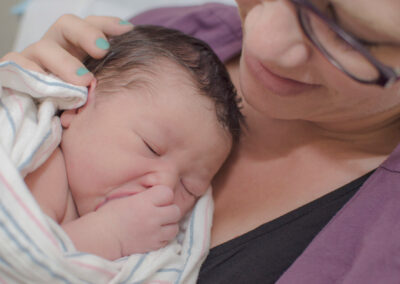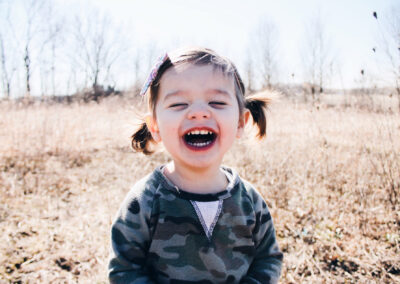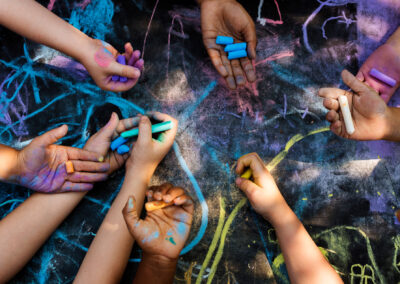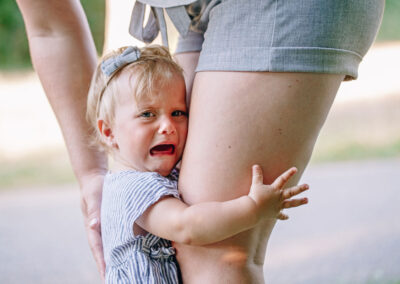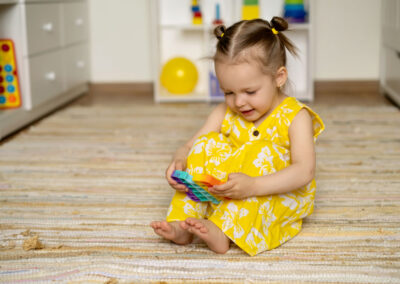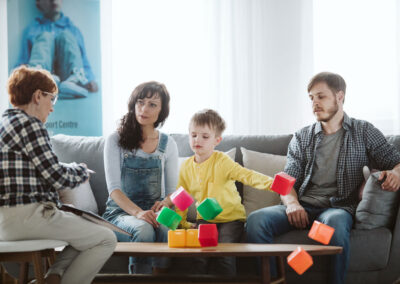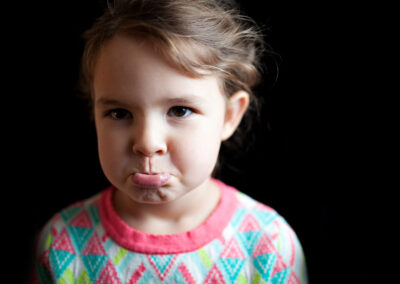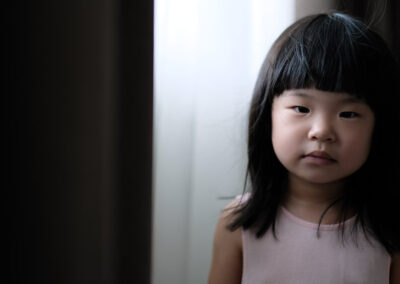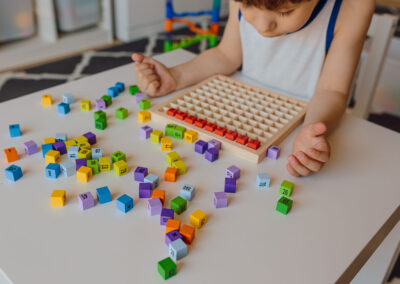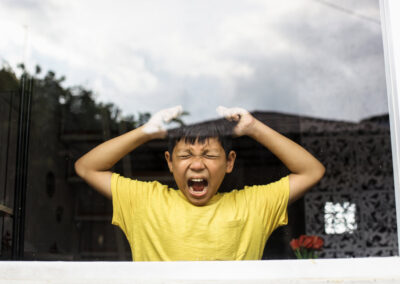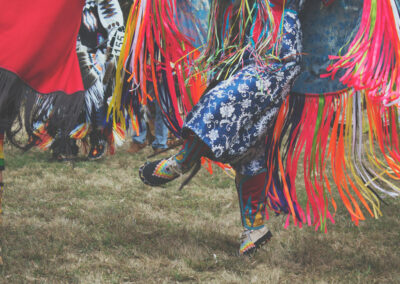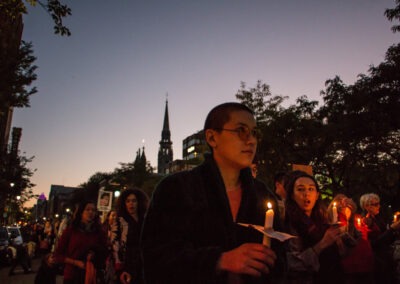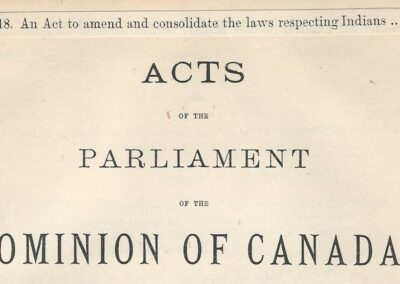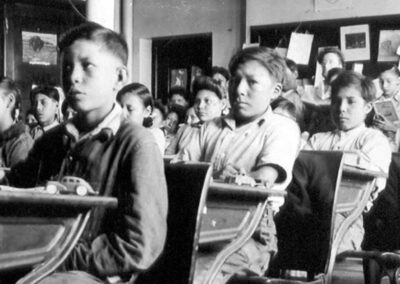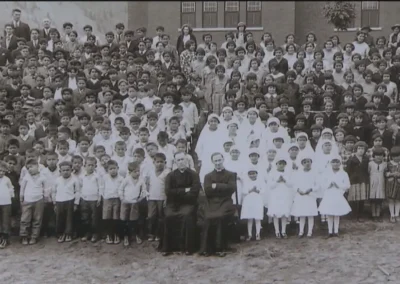The Early Years
The early years matter.
A vibrant and productive society with a sustainable future is built on a foundation of healthy child development. The first six years of a child’s life—beginning with the mother’s pregnancy — is a time of great promise and rapid development. It’s a time when the child’s brain is most open to the influence of relationships and experiences.
Our early experiences are built into our bodies and brains, providing the building blocks for educational achievement, economic productivity, responsible citizenship, lifelong health, robust communities, and supportive parenting of the next generation.
Mental Health and Neurodevelopmental Challenges
The development of mental health challenges during early childhood is not a product of genetics alone. While mental health challenges can result from genetic predispositions, exposure to significant adversity during the early childhood years can take a toll on a child’s health. Children in their early years process experiences and traumatic events differently compared to adults. Hence, the environment that caregivers create either provides a stable foundation for lifelong health or an unstable foundation that could lead to the progression of serious mental health issues during a child’s early years. Below you’ll find a range of mental health and neurodevelopmental challenges experienced by young children under the age of 6.
Indigenous Cultural Safety Resources
It is important for foster caregivers to provide a culturally safe environment for the children and youth in their care. Cultural safety is important when two or more cultures interact within the same space, where there is a power imbalance in favour of the dominant culture. This is true in Canada where our colonial past and present continue to harm Indigenous communities.
Today, over 60% of children and youth in British Columbia’s foster care system are Indigenous while only accounting for less than 10% of the total provincial population. It is the responsibility of foster caregivers to provide a culturally safe environment where a child can learn and practice their traditions, customs and language and belong to their Indigenous community.
There are many resources available that are Indigenous-led and created. We have curated some meaningful resources to support you in providing culturally safe and respectful care. Be intentional with how you access and utilize them. This is by no means an exhaustive list but a good place to start. This resource guide will be updated on an ongoing basis.
Content/Trigger Warning: Video discusses Residential Schools, Western Assimilation, and Colonial Impacts.
Frank Hope is a South Slavey Dene and a Residential School Survivor from Liidlii Kue’ (Fort Simpson). Frank has been working with the Truth and Reconciliation Commission of Canada as the Northwest Territories/Yukon Liaison.
Phone
Main:
604-544-1110
Toll-Free Foster Parent Line:
1-800-663-9999
Office hours: 8:30 am - 4:00 pm, Monday to Friday
PROVINCIAL CENTRALIZED SCREENING
Foster parents are encouraged to call this number in the event of an EMERGENCY or CRISIS occurring after regular office hours:
1-800-663-9122
REPORT CHILD ABUSE
If you think a child or youth under 19 years of age is being abused or neglected, you have the legal duty to report your concern to a child welfare worker. Phone 1-800-663-9122 at any time of the day or night. Visit the Government of BC website for more info.
address
BCFPA Provincial Office
Suite 208 - 20641 Logan Avenue
Langley, BC V3A 7R3
contact us
Fill out our contact form...

News
Site menu
Subscribe to Our Newsletter
Charitable Registration #
106778079 RR 0001
Our work takes place on the traditional and unceded Coast Salish territories of the Kwantlen, Katzie, Matsqui and Semiahmoo First Nations. BCFPA is committed to reconciliation with all Indigenous communities, and creating a space where we listen, learn and grow together.
© 2021 BC Foster Parents. Site design by Mighty Sparrow Design.




